Nobel Committee Rejects Trump's Peace Prize Push, Citing Unwavering Independence
- by Admin.
- Sep 11, 2025

Credit: Freepik
The Norwegian Nobel Committee has firmly stated that it will not be influenced by U.S. President Donald Trump's public campaign for the Nobel Peace Prize, emphasizing its commitment to evaluating nominees solely on individual merits amid speculation over this year's award.
Trump, who returned to the White House in January 2025, has repeatedly claimed he deserves the accolade for his efforts to resolve global conflicts, including ongoing wars in Gaza and Ukraine. He has highlighted nominations from leaders such as Israeli Prime Minister Benjamin Netanyahu and Azerbaijani President Ilham Aliyev, and even raised the topic during a July phone call with Norway's Finance Minister Jens Stoltenberg, according to reports from the financial daily Dagens Naeringsliv. The finance ministry confirmed the call occurred but declined to detail its content.
Kristian Berg Harpviken, secretary of the five-member committee, told AFP in an Oslo interview that media attention and external campaigns have no bearing on deliberations. "We consider each individual nominee on his or her own merits," Harpviken said, noting the committee's process relies on expert evaluations rather than recent headlines. Nominations for the 2025 prize closed on January 31, shortly after Trump's inauguration, drawing from a longlist of 338 individuals and organizations—eligible nominators include parliament members, ministers, former laureates, and select academics worldwide. The winner will be announced on October 10.
The committee, appointed by Norway's parliament but operating independently of government influence, has a history of resisting political pressures. In 2010, it awarded the prize to Chinese dissident Liu Xiaobo despite Oslo's warnings, straining ties with Beijing for years. Norway's multilateral foreign policy, rooted in Alfred Nobel's vision, contrasts with Trump's "America First" approach, further complicating his prospects.
Experts in Oslo expressed skepticism about Trump's chances. Halvard Leira, research director at the Norwegian Institute of International Affairs, described such lobbying as "counter-productive," warning that awarding the prize to Trump could undermine the committee's credibility. In an August op-ed, three Nobel historians cited Trump's admiration for Russian President Vladimir Putin—amid Russia's three-year war in Ukraine—as a disqualifying factor, stating the committee "would have to have lost their minds" to consider him.
Trump's pursuit echoes past U.S. presidents' Nobel experiences: Barack Obama received the 2009 prize early in his term for international diplomacy, a decision that drew criticism for prematurity. Trump, who has ended six conflicts according to his claims, faces a committee insulated from partisan sway, with decisions kept secret for 50 years.

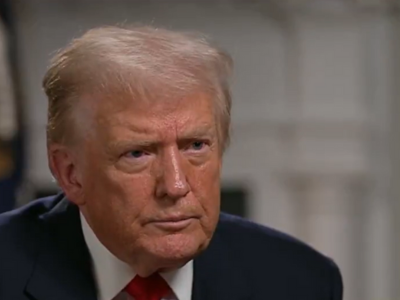


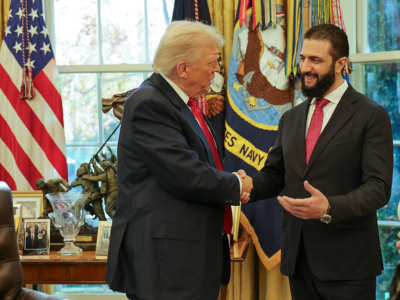
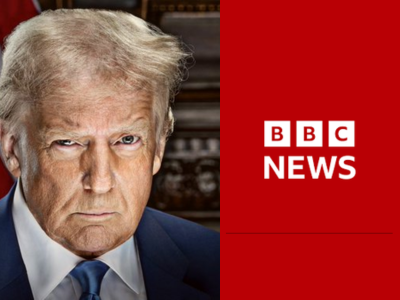
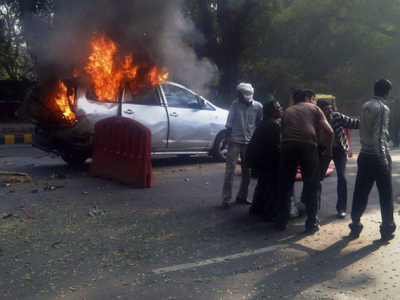





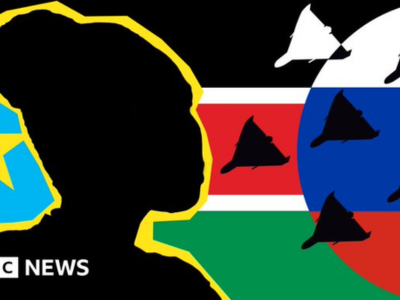
0 Comment(s)